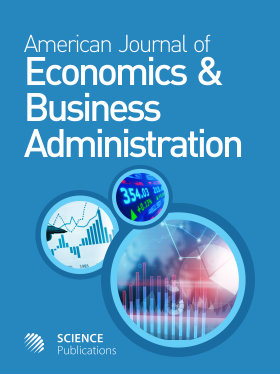Multilareral Environment Agreements Versus the World Trade Organization System
- 1 Gujarat National Law University, India
Abstract
Problem statement: Since the inception of WTO in 1994, the protection of environment has evolved as a key issue due to recurrent trade transaction occurring among the states. WTO constituted a committee on Trade and Environment in 1995 to evaluate the scope of complementarities between trade liberalization and environmental protection. However Doha Development Agenda of 2001 and Article XX of GATT have proven to be a beacon light in such an evaluation but still it is observed that various states have resorted to varied margin of appreciation in applying restrictions. Thus this article bewrays the varied practices adopted by the states in this regards. Approach: Determining the approach of the states in striking a balance between the transnational trade practices and protecting environment from depletion caused by such practices. Also to determine an efficacious method for dealing the existing menace. The research methodology resorted to in the completion of this article is doctrinal in nature. The sources escorted belong to the genre of both external and internal. Omnibus of articles, books and electronic resources have been referred to for completing the article. The method of writing is primarily descriptive. The official website of WTO has proven to be of tremendous help. A uniform mode of citation has been followed throughout the article. Result: There are myriad of multilateral environmental agreements which usually incorporate environmental norms that may result in clashes with trade norms of the WTO. Reconciliation can only be possible with good faith negotiations under the Doha Development Agenda with renewed vigour and full commitments from both trade and environment advocates. Conclusion: In the event of any future conflict between the WTO rules and MEAs, trade advocates cannot simply argue that the WTO Agreements take priority and thus prevail over any other conflicting international treaties because the environmental side has the ability to argue the same. Thus the best way to avoid such a situation is to include a ‘conflict clause’ or at least to contain cross references in both types of Agreements.
DOI: https://doi.org/10.3844/ajebasp.2009.270.277

- 4,781 Views
- 3,175 Downloads
- 0 Citations
Download
Keywords
- WTO
- multilateral environment agreements
- shrimp turtle case
- the chapeau
- conflict clause
